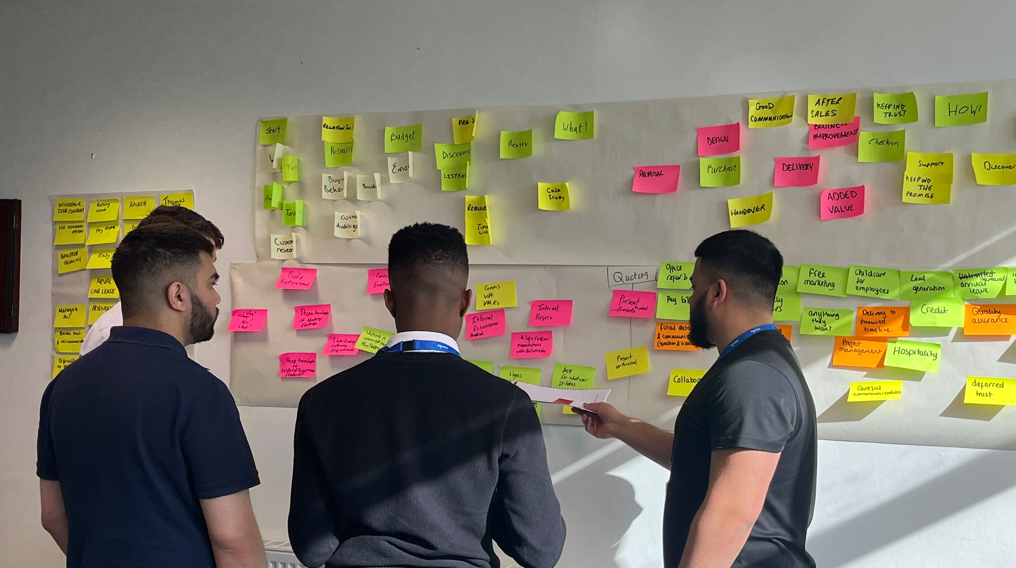Do I work hard? Yes I do (apart from the times when I don’t).
When I was employed throughout my sales and management career, did I work hard? You bet I did: winning awards, bringing major customers into the business, launching new products and developing new lines of business doesn’t happen by itself.
When I formed New Results Training, did I work hard? Oh yes indeed I did: candle at both ends, all the hours (and some more), weekends and evening type of hard work.
I now look at both of the examples and they don’t seem to clearly represent “hard work” anymore. I look at my employed career and acknowledge that I worked long hours, travelled lots and put lots of effort into everything I did. Since starting a business over 4 years ago, I know all about the hard graft to get things going. BUT I enjoy it all, long days, lots of effort and application equals great personal and financial rewards, so “hard work”, I don’t think so.
“Hard Work” – well that’s what I am avoiding now by writing this blog. You see my personal “hard work” is the fine detail, the strict process and little room for creativity. I am in the middle of responding to a tender and that’s exactly why I am writing this blog. It’s far easier to do something creative than to get on and do the things I really need to do. This is the behavioural approach that holds so many people back. Not the fact that they face their own “hard work”, more the fact that they don’t recognise it as their own particular “hard work”, which leads to avoidance, procrastinating and general arsing about.
It’s time you went on a journey of self-discovery. What are the important things that you avoid, don’t like and don’t do? It’s time to recognise these things and start to do something about it. Here are my 3 top tips:
- Do nothing – sometimes coming back to a difficult task at a later time when you have more energy may get you a better result
- Who else can do it – is the team around you better equipped to do this, if so can you help them with their workload and do a swap?
- Get better – improve your skills and knowledge to make whatever task you face easier to do.
If you need to go and do something, you need to recognise that this might not be your best/favourite/most exciting/inspiring type of work, but, if it’s important and needs to be done by you right now, get on and do it and stop reading this blog!
Me, I am off to write a tender now!
Images sourced from Pixabay










